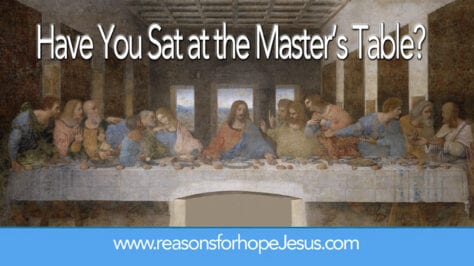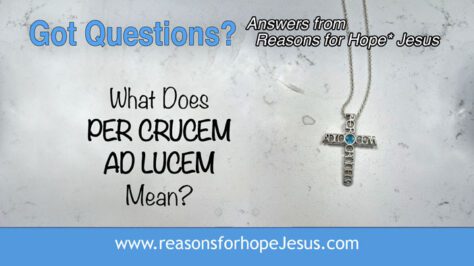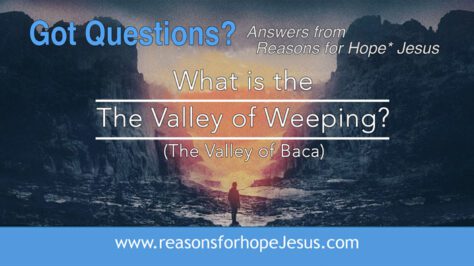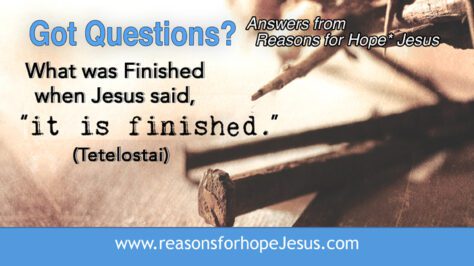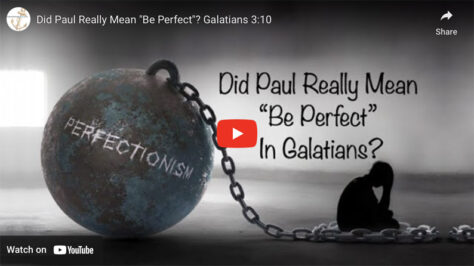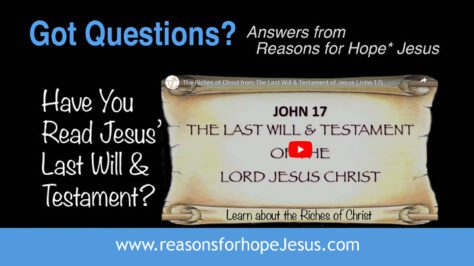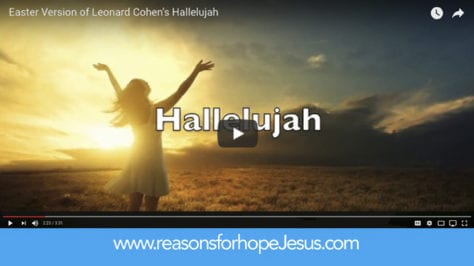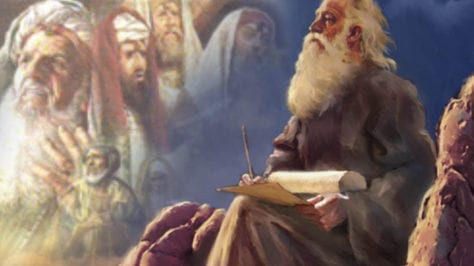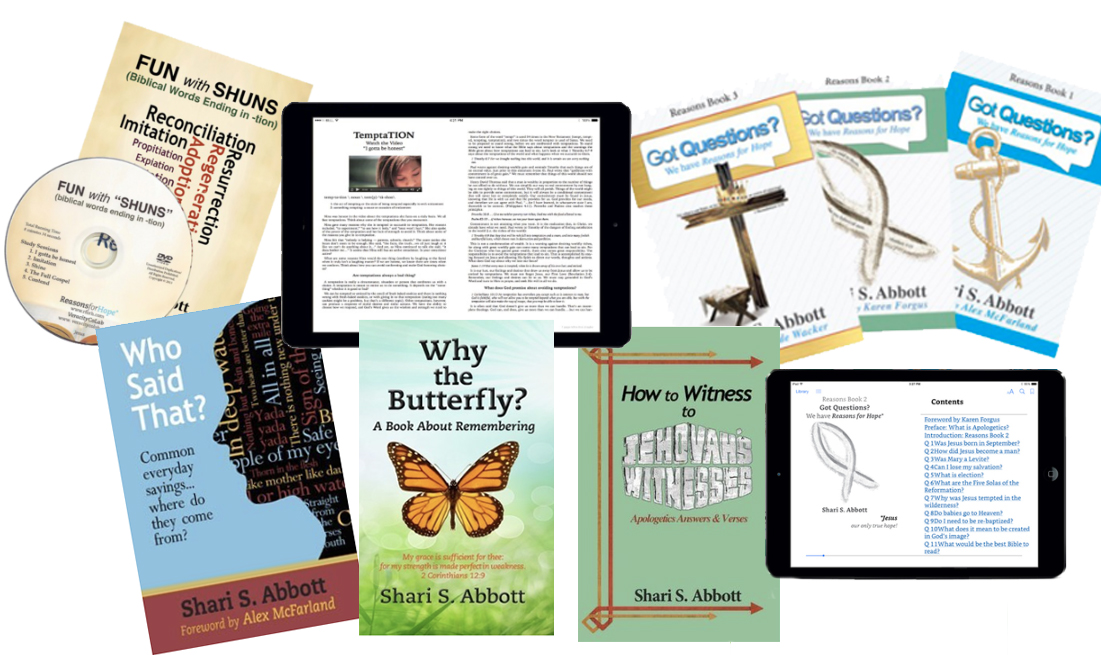In Christ there is No East Or West, by John Oxenham (1852-1941)
In Christ, there is no East or West, In Him no South or North, But one great Fellowship of Love, Throughout the whole wide earth.
Popularity with the World Means Death, by Billy Graham (1918-2018)
The Apostle Paul urges Christians everywhere in all ages to be nonconformists as far as the world system is concerned. We are not to conform. A true Christian, living an obedient life, is a constant rebuke to those who accept the moral standards of this world. In our...
Delight in the Lord, by James Smith, 1842
O Lord! I would delight in Thee, And on Your care depend; To You in every trouble flee, My best, my only Friend!
Are You Sleeping? by Alexander Smellie, 1907
Mat 26:40 And he cometh unto the disciples, and findeth them asleep, and saith unto Peter, What, could ye not watch with me one hour? Every word is incisive--every syllable is an arrow whose point has been dipped in yearning and wounded love. 1. The sleep is...
Sinners Saved by Unmerited Kindness, by William S. Plumer, 1853
Our Beloved alone can do sinners good! His blood alone atones. And He loved us unto death! Jesus has at once an almighty arm and a brother's heart! None is more exalted. Yet none stoops so low! None is mightier. Yet none is more tender! He shall not break the bruised...
I shall cease to be so afraid of death! by Alexander Smellie, 1907
To me death has its unlovely aspects. I may be ready by God’s grace to meet it, and yet I recoil instinctively from the act of dying.
Numbering Our Days Aright, by Alexander Smellie, 1907
To the imagination of the young, life seems long. They catch no echo of “the roar of the waves of eternity, as they dash on the shores of time.”
Delighting in God! by James Smith, 1842
O Lord! I would delight in Thee, And on Your care depend; To You in every trouble flee, My best, my only Friend!
The Fullness, Freeness, and Immutability of the Savior’s Grace, by James Smith (1802-1862)
Lost in astonishment, I see Jesus, Your boundless love to me! With sin and self, I freely part, And gladly yield to You, my heart!
That’s My King! Genuine Praise & Real Hope
He’s indescribable—He’s incomprehensible—He’s invincible—He’s irresistible. You can’t outlive Him, and you can’t live without Him.
A Centuries-old Poem with a Convicting Message
An anonymous poem thought to date back to the days of Martin Luther presents a very convicting message.
“Hitherto has the Lord helped us.” by Charles Spurgeon
“Then Samuel took a stone and set it up between Mizpah and Shen, and called its name Ebenezer, saying: “Hitherto has the Lord helped us.” 1 Samuel 7:12
Trusting God’s Mercy, by Charles Spurgeon
Meditate a little on the mercy of God — tender, great, undeserved, rich, manifold, abounding, and unfailing mercy!
Answered Prayer by Edgar A. Guest (1881-1959)
I asked God for strength. That I might achieve. I was made weak. That I might learn humbly to obey. Read the whole poem…
An Ever-present Help in Trouble, by Thomas Brooks (1608-1680)
Psa 46:1-2 God is our refuge and strength, a very present help in trouble. Therefore will not we fear, though the earth be removed…
All must drink of the bitter cup! Jared Waterbury (1840)
"God is our refuge and strength, an ever-present help in times of trouble!" Psalm 46:1 "Man is born to trouble as the sparks fly upwards." The world in which we dwell is but "a valley of tears." Sin has caused these tears to flow, and every sinner must, sooner or...
Abide with Me, by James Smith, 1859
The Holy Spirit brings us as poor sinners to look to Jesus alone, as our wisdom, righteousness, sanctification, and redemption.
There is no Rock like our God! by James Smith, 1860
As creatures, we all need an object of trust, one on whom we can lean, one in whom we can confide, one to whom we may look for defense and safety. Every creature has some rock--some object of dependence and trust. For without this, there would be recklessness or...
Sanctification of the Spirit, by James Smith, 1858
Spirit of Jesus, sanctify us deeply and thoroughly–that we may be just like Jesus! Sanctify us by every trial, by every affliction, by every privilege, by every comfort!
Look up! A New Year’s Motto by James Smith,1865
We are entering a new year. We shall have new toils, new trials, new temptations, and new troubles. Therefore, let us seek grace and look up!
The Christmas Story in Poetic Verse, by Alvy E. Ford (1918-2005)
Share the Christmas story with the young and young-at-heart by sharing chapters of the Bible presented in poetic words.
The Gospel with Power, by J.C. Philpot, 1844
Most men’s religion is nothing else but “a round of forms.” Some have their doings, some have their doctrines, and others have their duties.
My Shield is God Most High! by James Smith, 1859
The privileges of the godly are many and great, but this is a special one.
Sola Scriptura — Scripture Alone! by J.C. Ryle, 1816-1900
Next to praying, there is nothing so important in practical religion as Bible reading.
What Did President Reagan Say About Racism, Marxism, and God?
What did President Reagan say about racism and Marxism? What vow did he confidently make on behalf of our nation? Watch now!
Glorify the Lord in the Fires of Affliction, by James Smith (1802-1862)
The fires are afflictions. And they are intended to try us, to purify us, and to endear the Lord Jesus to us.
How to Win Over Temptation, by David Wilkerson (1931-2011)
Power to not yield to temptation does not come from stuffing our minds with scripture verses, making vows, etc. From where does it come?
The Glorious Gospel of Christ! by James Smith, 1860
There is nothing more glorious than the good news that comes to those who belong to the Lord Jesus Christ.
The Spirit of God is in Us, Yet We Still Sin, by Charles Spurgeon
The believer is a new creature. The Spirit of God is in him, and in all respects he is far removed from the natural man…but still a sinner.
The Surpassing Love of Christ, by Alexander Smellie, 1907
Does not His wondrous love deserve my whole soul and body–all that I have and all that I am?

 If you don’t receive our emails,
If you don’t receive our emails, 



